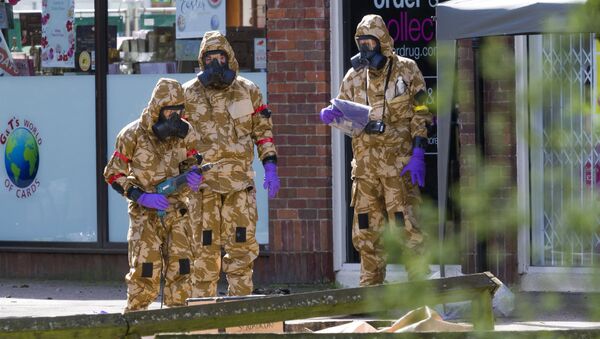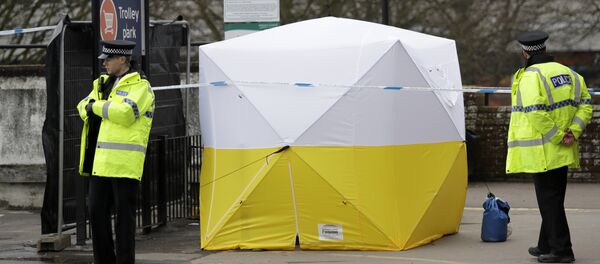"Arrogating to itself the right to determine those responsible for the spread and use of weapons of mass destruction [WMD] and ‘punish’ them at its discretion, the European Union, in our view, is demonstrating disrespect for international legal instruments existing in this sensitive area, in particular, the Chemical Weapons Convention. It is evident that the collective mechanisms carefully developed by the international community are being replaced by unilateral, illegitimate instruments of a ‘punitive’ nature," the director of the Russian Foreign Ministry's Department for European Cooperation Andrey Kelin said.
READ MORE: US-Russia Relations Not Doomed to Cold War Rivalry — Pompeo
According to the diplomat, such approaches would not contribute to the stability of international relations.
His comment comes after on January 21, the Council of the European Union imposed its first sanctions as part of its new package of restrictive measures to address the use and proliferation of chemical weapons established last fall in the wake of the Salisbury incident. The designations included the head, deputy head and two staff members of Russian military intelligence service GRU.
The UK Porton Down lab later said, however, that it could not prove that the nerve agent used in the attack had been made in Russia or determine its country of origin. The UK Foreign Office has also admitted that the conclusions on Russia’s involvement in the Salisbury incident were based on the authorities' evaluations of the information and not on proven facts.
READ MORE: OPCW Sends Experts to Syria to Collect Data on Alleged Chemical Attack in Aleppo
Russia has categorically dismissed the accusations. Russian Foreign Minister Sergey Lavrov has said that the Salisbury poisoning case was falling apart due to the lack of proof of Russia’s involvement in the attack.
According to the Russian Foreign Ministry, Moscow has sent dozens of requests to London asking that it be granted access to the investigation into the poisoning incident. Moscow has also offered to work together with London and carry out a joint probe into the attack. London did not respond to these proposals.



